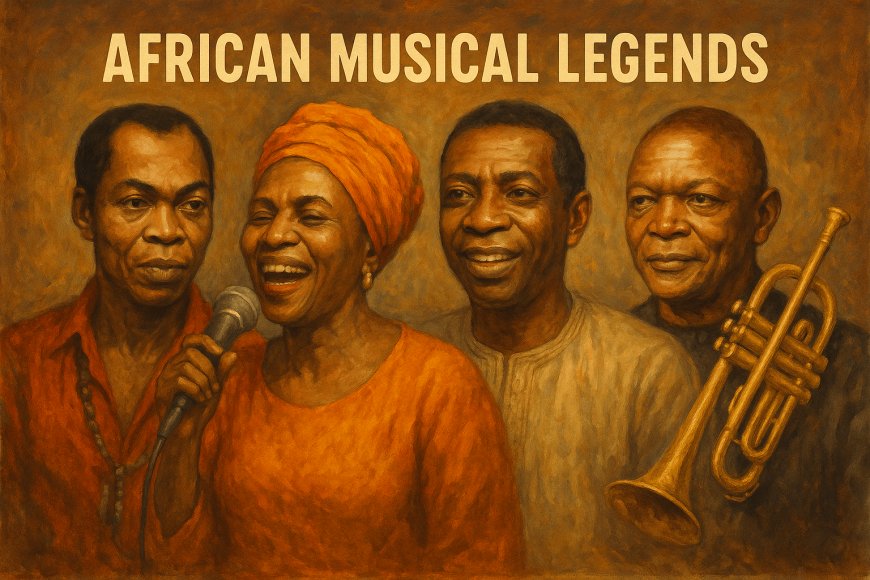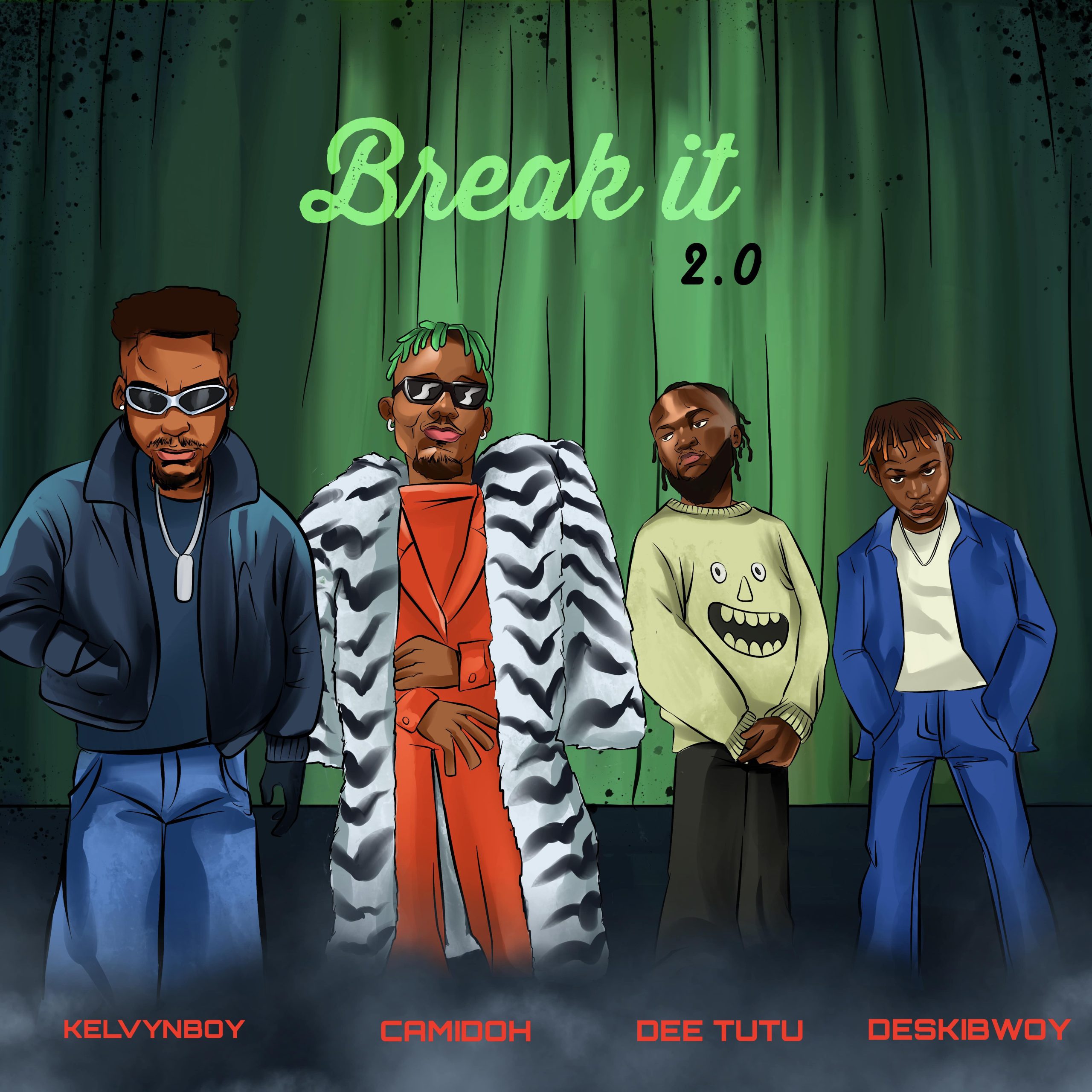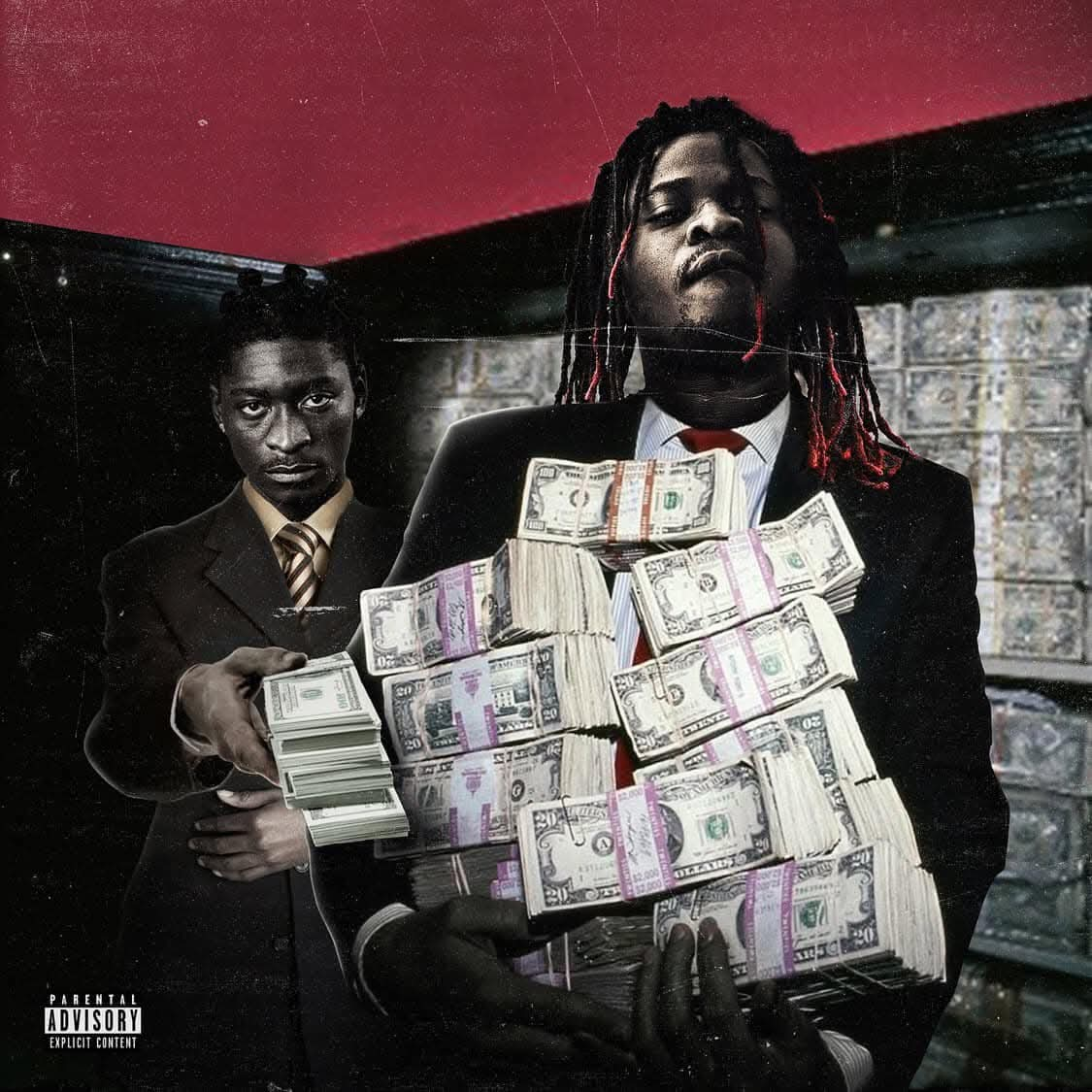African Musical Legends You Should Know About
In this article, we explore some of the most influential African musical legends you should know about. Whether you are new to African music or already a fan, these names deserve your attention.

Africa has given the world some of its most vibrant and unforgettable musical talents. From soul-stirring vocals to groundbreaking rhythms and sounds, African music legends have shaped not just local traditions but global music culture. These icons did not just entertain. They told stories, inspired change, and bridged cultural divides through their music.
In this article, we explore some of the most influential African musical legends you should know about. Whether you are new to African music or already a fan, these names deserve your attention.
Fela Kuti (Nigeria)
Fela Kuti is often regarded as the pioneer of Afrobeat. A multi-instrumentalist, composer, and activist, Fela blended traditional African rhythms with jazz and funk to create a powerful sound that carried messages of resistance and empowerment. His music was politically charged and addressed issues like corruption, military oppression, and inequality in Nigeria. Iconic albums like “Zombie” and “Water No Get Enemy” continue to influence musicians around the world.
Miriam Makeba (South Africa)
Known as “Mama Africa,” Miriam Makeba was a South African singer and civil rights activist whose voice captured the spirit of a continent. She became globally known for songs like “Pata Pata” and was a strong opponent of apartheid. Her music was a blend of jazz, traditional African sounds, and pop, and she used it as a tool to promote African identity and freedom. Makeba was also the first African artist to win a Grammy Award.
Youssou N'Dour (Senegal)
Youssou N'Dour is one of Africa’s most recognized voices. Hailing from Senegal, he brought the traditional mbalax music of his homeland to international platforms. With a career spanning several decades, N'Dour collaborated with international stars like Peter Gabriel and Paul Simon. His ability to mix Senegalese rhythms with modern sounds helped introduce African music to new audiences globally.
Angelique Kidjo (Benin)
Angelique Kidjo is a Grammy-winning singer from Benin known for her powerful voice and eclectic musical style. She draws influences from Afrobeat, jazz, Latin music, and traditional Beninese music. Kidjo is not only celebrated for her musical excellence but also for her advocacy for women’s rights, education, and humanitarian causes. Her live performances are vibrant and emotionally charged, showcasing her passion for African culture.
Hugh Masekela (South Africa)
Hugh Masekela was a legendary jazz trumpeter and composer from South Africa. His music often tackled the struggles of apartheid and celebrated African heritage. Songs like “Bring Him Back Home” became anthems for the anti-apartheid movement. Masekela’s ability to combine jazz with township rhythms made him one of the most respected musicians on the continent.
Salif Keita (Mali)
Salif Keita, often referred to as the "Golden Voice of Africa," is known for his unique sound that blends traditional Malian music with global influences. Despite being born an albino and facing cultural rejection, Keita rose to international fame with albums like “Soro” and “Moffou.” His music often focuses on themes of identity, unity, and human dignity.
Brenda Fassie (South Africa)
Brenda Fassie, known as the "Queen of African Pop," was one of South Africa’s most beloved performers. Her energetic stage presence and powerful voice made her a household name. Hits like “Weekend Special” and “Vulindlela” defined a generation. Fassie’s music spoke to the struggles and joys of township life and remains widely celebrated years after her passing.
King Sunny Adé (Nigeria)
King Sunny Adé is a Nigerian icon known for his contribution to juju music. He brought this traditional Yoruba style into the mainstream by modernizing it with electric guitars and synthesizers. His complex rhythms, melodic guitar work, and vibrant stage performances earned him global recognition. He is one of the few African artists to be nominated for a Grammy more than once.
Cesária Évora (Cape Verde)
Nicknamed the "Barefoot Diva," Cesária Évora brought the melancholic morna music of Cape Verde to the world stage. Singing in Cape Verdean Creole, her soulful voice captivated audiences across continents. Her Grammy-winning album “Voz d’Amor” introduced many to the emotional depth of African island music.
Conclusion
These African musical legends have left a lasting legacy through their artistry and messages. They not only shaped the sound of African music but also influenced countless artists around the world. Whether they sang of freedom, love, or cultural pride, their voices continue to echo in today’s music scene.
Exploring their music is more than just a listening experience. It is a journey through the heart of Africa, its people, and its rich heritage.
What's Your Reaction?
 Like
0
Like
0
 Dislike
0
Dislike
0
 Love
0
Love
0
 Funny
0
Funny
0
 Angry
0
Angry
0
 Sad
0
Sad
0
 Wow
0
Wow
0





























